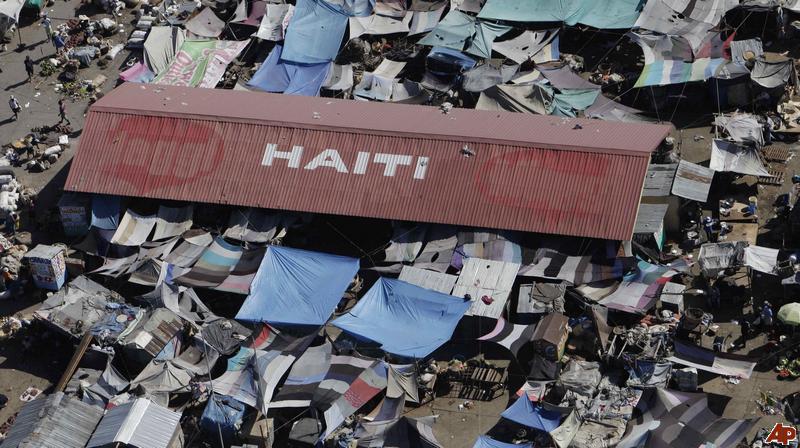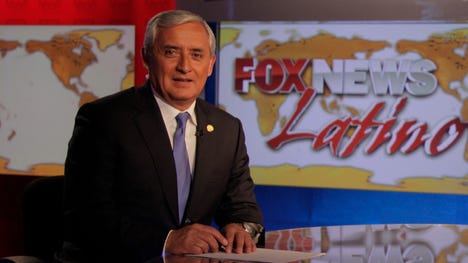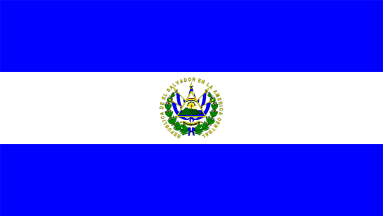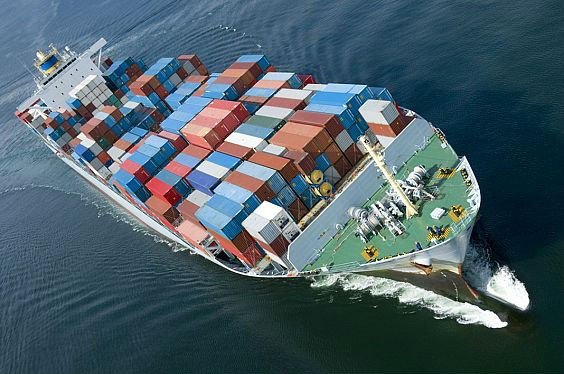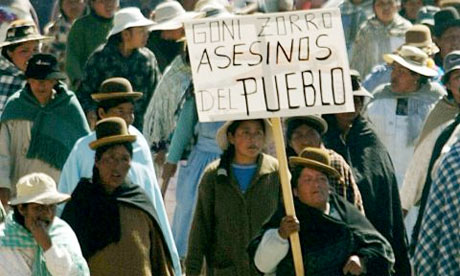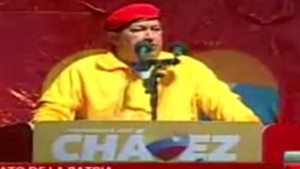* Ecuador's ambassador asks U.S. to maintain, extend trade benefits
* Ecuador only country left in U.S. program for Andean nation
WASHINGTON, Sept 25 (Reuters) - Major U.S. business groups are stepping up pressure on President Barack Obama's administration to suspend longtime trade benefits for Ecuador, citing the Andean country's mistreatment of Chevron Corp as proof of a deteriorating investment climate.

The U.S. Chamber of Commerce, the National Association of Manufacturers, the National Foreign Trade Council, the U.S. Council for International Business and the Emergency Committee for American Trade each filed separate comments this month asking that Ecuador be suspended.
"Ecuador has repeatedly failed to respect the rule of law, private property, and the sanctity of contracts in ways that impact a wide variety of companies in numerous sectors," Jodi Bond, a vice president at the U.S. Chamber of Commerce, said in a letter to the U.S. Trade Representative's office.
Chevron has been involved in a long-running legal battle in Ecuador over pollution blamed on Texaco, which Chevron purchased in 2001.
An Ecuador court ruled against Chevron in February 2011 and in August damages stemming from that hotly contested decision were increased to $19 billion from $18.2 billion.
Chevron says Texaco had settled the case with Ecuador in 1998 and the new ruling against it was obtained by fraud.
The company also accuses Ecuador of ignoring an international tribunal's interim ruling that directed it to suspend efforts to collect damages in the case.
"The president should promptly withdraw or suspend Ecuador's beneficiary country designation," Edward Scott, Chevron vice president and general counsel, said in a letter to USTR.
Ecuador now receives U.S. duty-free treatment for most of its exports to the United States under the Andean Trade Preference Act, which dates back to the early 1990s.
Congress created the program to help U.S. drug-fighting efforts and originally included four Andean nations.
However, Ecuador is now the sole beneficiary since Colombia and Peru have negotiated free-trade pacts with the United States. Bolivia was kicked out in 2008 on the grounds that it was not cooperating in the U.S. war on drugs.
Ecuador already faces losing its benefits in July 2013, since that is when the Andean program is set to expire and it is not certain that Congress will renew it.
In a Sept. 17 letter to the U.S. Trade Representative's office, Ecuador's ambassador to the United States Nathalie Cely asked the Obama administration to maintain current benefits and to push Congress for renewal of the Andean program.
She said "Ecuador has an unblemished record of satisfying every monetary arbitration award against it." She added that the issues that Chevron contends are settled are not yet settled.
Cely defended the Ecuadorean court system's handling of the Chevron case, saying "there is no basis to conclude that the courts acted in bad faith."
Posted By: Eunice N
 British Prime Minister David Cameron had oil and sports on his mind when he visited Brazil this week seeking business opportunities in the South American nation that overtook Britain last year to become the world's No 6 economy. With the European Union in a slump, Cameron has turned to emerging BRIC nations - Brazil, Russia, India and China - as alternative markets for British exports and investments, with little to show so far.
British Prime Minister David Cameron had oil and sports on his mind when he visited Brazil this week seeking business opportunities in the South American nation that overtook Britain last year to become the world's No 6 economy. With the European Union in a slump, Cameron has turned to emerging BRIC nations - Brazil, Russia, India and China - as alternative markets for British exports and investments, with little to show so far. 

